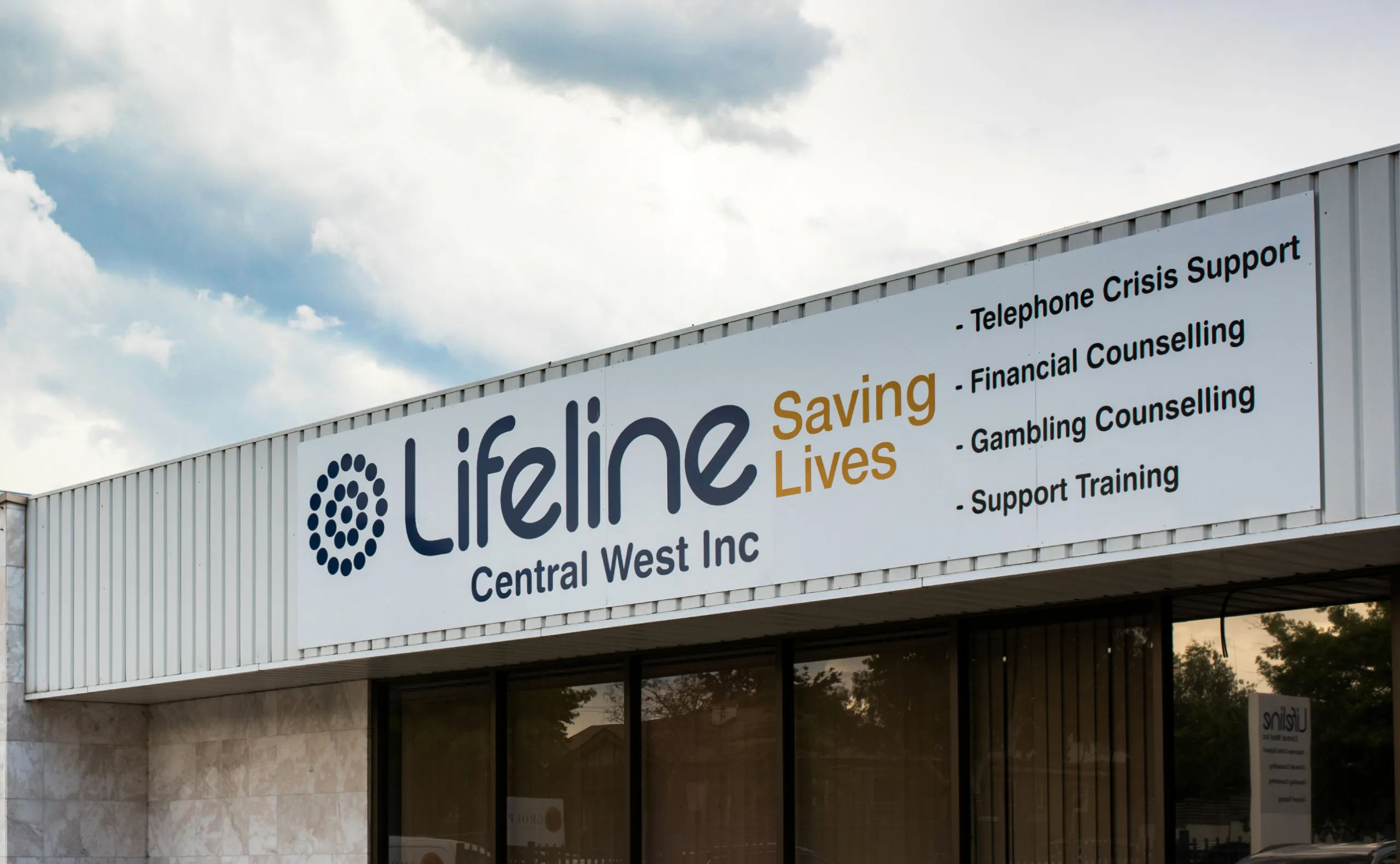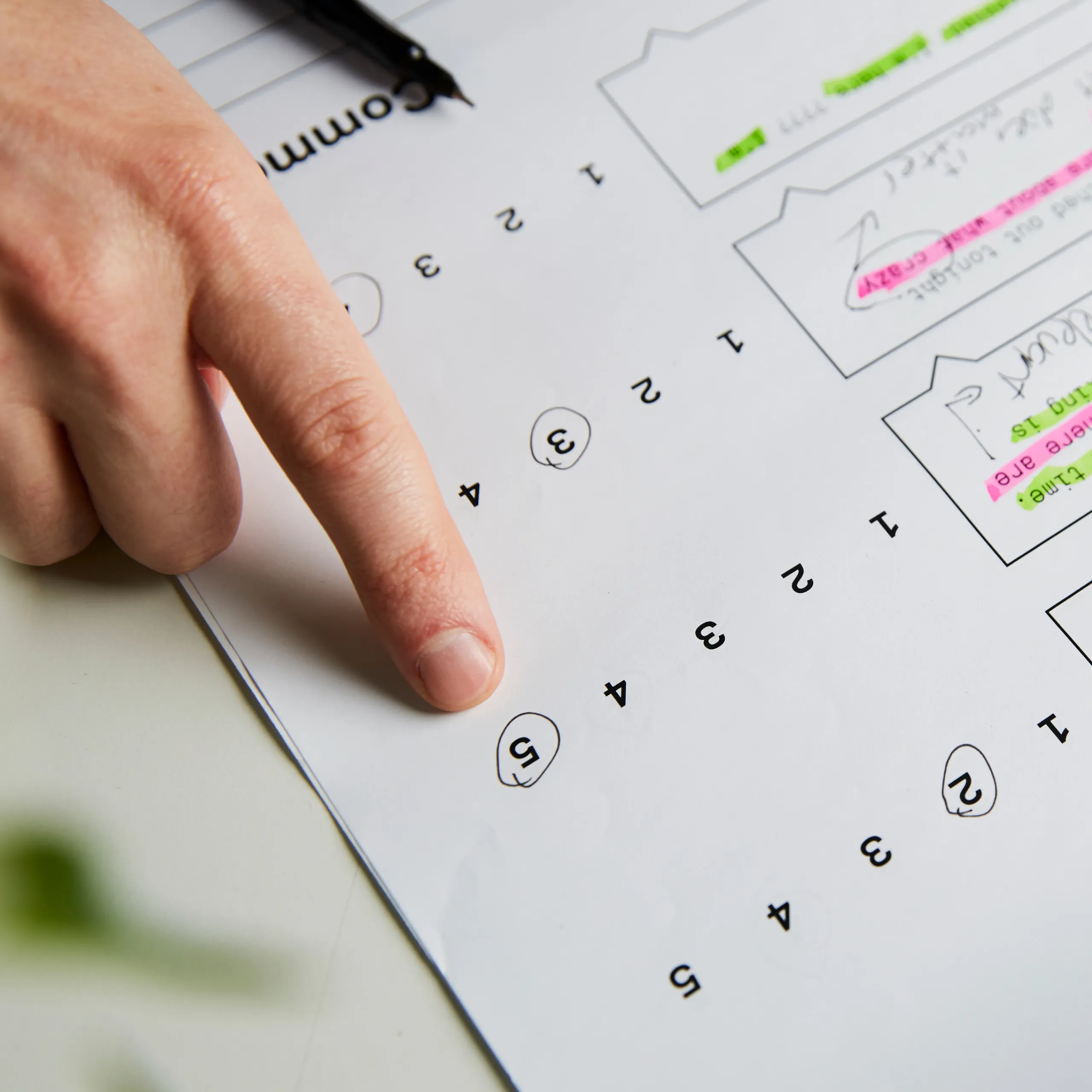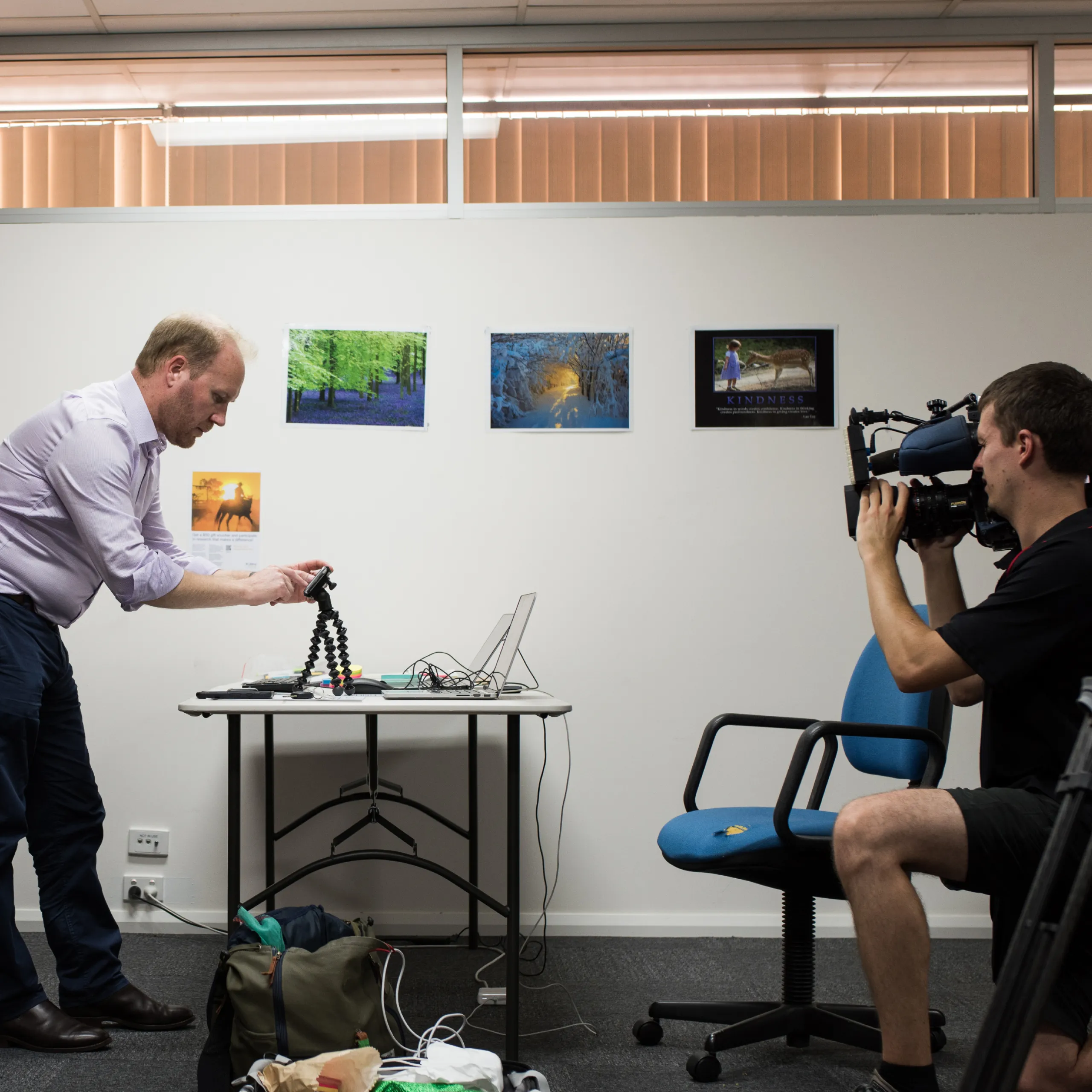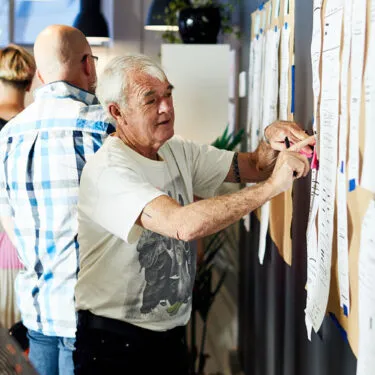Helping Lifeline transition their phone-based crisis hotline to a text-based service.
In partnership with Lifeline and Social Ventures Australia

Yesterday
When we undertook this project, the number of young people dying from suicide was at a 10-year high in Australia—in 2017 alone, more than 3,100 people in Australia died by suicide.
A lack of well-targeted support and a failure to keep up with the growing demand for services meant young people—particularly the most vulnerable in our community—were not finding the assistance they needed.
Lifeline’s support offering was through phone conversations, they had identified an opportunity to offer support via text-message. We set out to engage deeply with help seekers and design a new essential service.

Our research with Today and SVA enabled us to design the service with help seekers and crisis supporters. It has provided new depth to our understanding about what people expect and need when they are in crisis. We also have a better appreciation of the technology challenges, new ideas for evolving the service model and specific directions for how our workforce will need to be trained.
Dr Sally Bradford, Senior Project Manager, Lifeline
Today
With ethics research approval, we conducted in-situ participatory research with highly vulnerable people with a wide range of lived experience including grief, financial hardship, domestic violence, homelessness, mental health, and drug and alcohol abuse.
We simulated crisis situations in a safe and controlled environment, to prototype a range of conversation scenarios via text message as a way to ideate, test and learn. This research helped us identify new service opportunities and moments where additional resources were required.

Not only were we able to simulate aspects of the service to a fine detail, but we were able to co-design the service with the people who actually use it. This was the first time Lifeline had been able to conduct a conversation with a help seeker and ask them to actively input into improving the service immediately after.
Tait Ischia, Head of Content, Today
Tomorrow
The lifeline Text service was launched as a pilot in 2018. The pilot was hugely successful and enabled Lifeline to provide discreet access for people during times of crisis.
More people from the lesbian, gay, trans and intersex community were also texting. Research by La Trobe University found 71 per cent did not use traditional counselling because they anticipated discrimination.
In early 2022 Lifeline secured funding to make the life-saving service a permanent 24/7 offering.

As many as 42 per cent of people who texted said they would not have sought help via phone or another service if the textline had not been available, found the independent review by the Australian Health Services Research Institute at the University of Wollongong.
Julie Power Sydney Morning Herald, November 19, 2019

Get in touch
Want to know more about co-designing services? Chat to Steph today.
Steph Little
Senior Partnerships Director
Next Case Study
Mental Health and Wellbeing Division:
Modelling a best practice approach to co-design for mental health system reform
